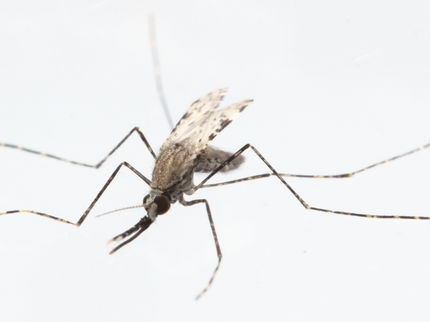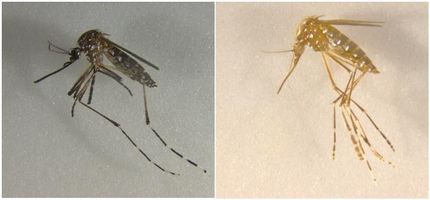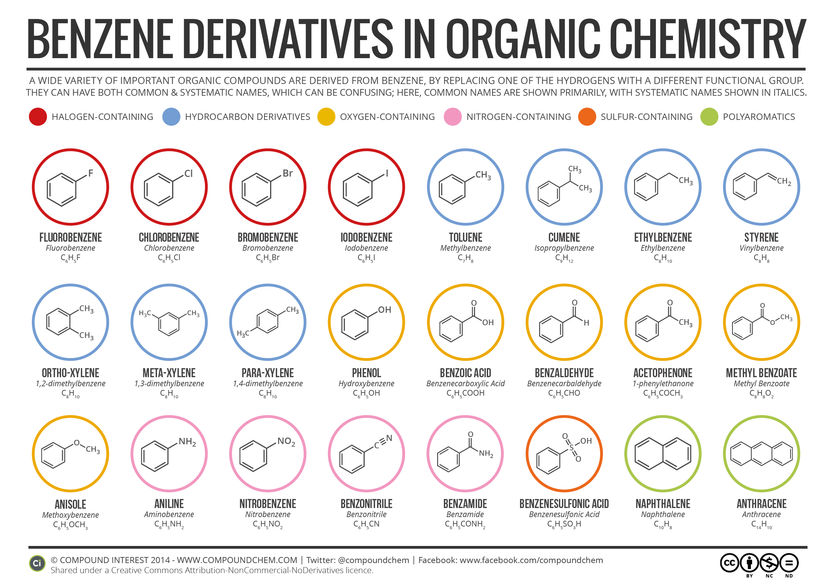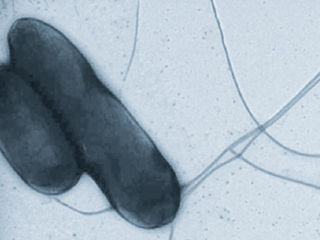Yale Scientists Identify How Chemical in Human Sweat Attracts Mosquitoes
Advertisement
Yale scientists have identified a mosquito smell receptor that specifically detects a chemical component of human sweat, a finding that may provide the basis for developing insect repellants for humans or for agricultural crops.
Every year more than a million people worldwide die of malaria, a disease carried by the Anopheles mosquito. The bite of a female mosquito, feeding on human blood, transmits the malaria parasite.
Insects transmit many devastating human diseases and cause agricultural crop destruction. Finding how particular insects are attracted to humans or plant species is a key to easing these problems.
Yale professor John Carlson and his graduate student, Elissa Hallem, in the department of Molecular, Cellular and Developmental Biology created a way to identify specific mosquito smell receptors and the chemical components of human sweat that activate them. Their findings are reported in the January 15 issue of the journal Nature.
"We expressed mosquito odor receptors in an engineered fruit fly neuron that we use as a 'decoder', and then looked for compounds that activate or inhibit them," Carlson said. "It is a system that could be used to identify chemicals that might act as insect repellents or as attractants in insect traps."
Antennae of insects are the organs that carry odor receptors. The researchers used mutant fruit flies that lack the smell receptor in a nerve cell on their antennae. They cloned mosquito smell receptor genes and expressed them in the mutant fruit fly nerve cell.
The fruit flies, with mosquito "smell genes" were tested for their sensitivity to different chemical components of human sweat. Electrophysiological measurements showed when the flies were stimulated. One particular compound, 4-methyl phenol, a compound found in human sweat, potently activated a mosquito receptor that is only expressed in female mosquitoes and that stops being made after a mosquito has had a meal of blood.
Other authors on the paper are Laurence J. Zwiebel and A.Nicole Fox of Vanderbilt University. This work was funded by grants from the NIH and an NSF Fellowship to Elissa Hallem.






















































